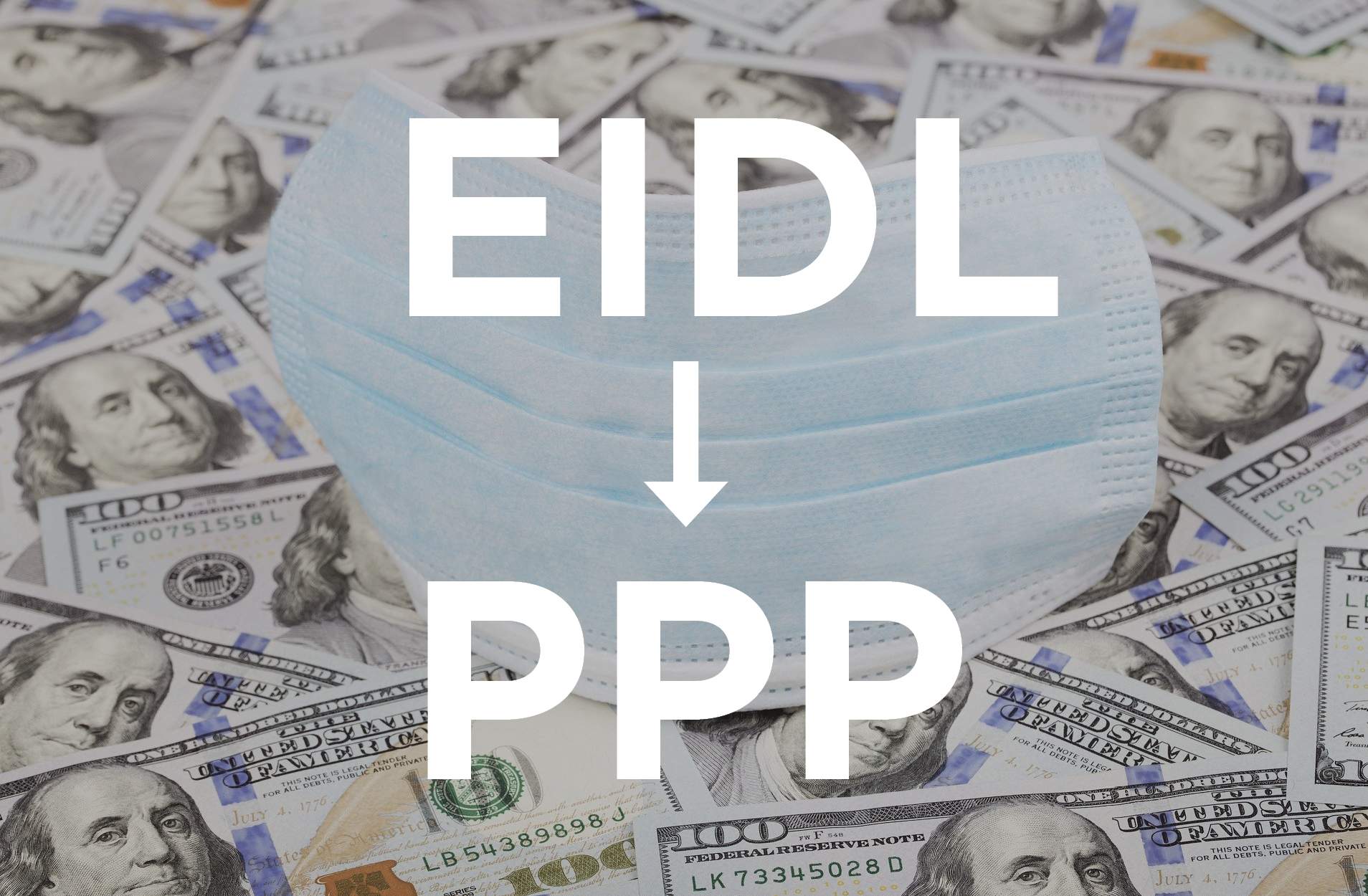How the PPP and EIDL Application Will Affect Your 2020 Taxes

How the PPP and EIDL Application Will Affect Your 2020 Taxes
Most small business owners are grappling with their PPP and EIDL Application together with the requirements and regulations that go along with them.
There’s no doubt that most entrepreneurs are currently benefiting from these types of SBA programs. However, there’s a lot of uncertainty as to what is coming next.
The question that’s lingering in most people’s minds is whether the money coming from the two programs will get taxed on the annual income tax returns of a business or not.
It doesn’t matter whether you run just one business or you are making applications for multiple PPP business programs, it is vital to understand what lies ahead. Why is it because it gives you a chance to prepare and avoid unexpected expenses in the form of taxes.
At the moment, most sole proprietors and small business owners and are not worried about filing taxes for the year ending 2020. They believe that it is too early to do so. Of course, there are a lot of important things to think about the business compared to filing your taxes on time.
Nonetheless, the truth of the matter is that knowing what’s ahead in terms of your income tax can save you a lot in terms of time and money.
Will the federal government tax PPP or EIDL loans?
If you have received a PPP loan, the good news is that the federal government won’t impose a tax on the forgivable part or portion of your loan. This is because that part of the loan is not regarded as taxable business income – meaning you won’t be required to pay any form of business taxes.
However, this is not necessarily the case with the Internal Revenue Service (IRS) – where almost everything such as dividends and capital gains is subject to taxation. This also includes what is referred to as forgiven debt which is normally taxed as “cancellation of debt” income.
Although there are no clear guidelines on the $1,000 per person grant that most people get as part of the Economic Injury Disaster Loan (EIDL), (regardless of whether it gets approved or not), it is presumed that the money is taxable.
We aren’t sure up to now but we hope the guidelines will be published soon.
As for EIDL, anything above the $1,000 grant per employee or worker is counted as a loan and must be repaid. In case a person is not qualified for loan forgiveness, then they will have to repay part of what they borrowed or part of it.
Up to this juncture, it is understandable that PPP and EIDL are not ordinary loans – meaning they can’t be treated the same as other types of loans by the taxman.
Besides, a person may qualify for business income deductions on either PPP or EIDL if they use the money on eligible business ventures. But again there are not yet guidelines for this kind of arrangement.
Let us take a look at the comparison between the terms of PPP and EIDL Application loan programs. You should however note that the terms or figures aren’t conclusive considering the changes that happen from time to time.
Economic Injury Disaster Loans (EIDL)
- The interest rate charged is 3.7 percent for all businesses and 2.7 percent for non-profit
- The maximum amount of loan issues is $2 million – with an upfront amount of $10,000 from the SBA
- Repayment of the loan under this program cannot go beyond 30 years
- A borrower is required to start paying the loan one a year after he or she received the loan
- The loan may or may not be forgiven
- Loan money is issued by SBA
Paycheck Protection Program (PPP)
- The interest rate for this type of loan is not supposed to exceed 4 percent
- The maximum amount a person can get is $10 million and arrived at using a certain formula
- The loan term cannot go beyond 10 years
- Repayment of the loan may start at least 6 months after the loan issues date
- In case a person received an SBA, they can use it to refinance their PPP loan
- The loan can be forgiven – but using a complicated formula
- All loans are processed and approved by SBA accredited lenders
Personal guarantees and collateral
EIDL Application
For loans above $200,000, the owners or owner of the business has to give a personal guarantee. As for collateral, the SBA will institute the same commercial code lien alongside the assets of the business.
PPP
Collateral or personal guarantees are not needed in PPPs.
COVID-19 tax implications
The coronavirus pandemic has in some way brought relief for many people in terms of business taxes.
The coronavirus Aid, Economic Security Act, and relief have provided tax credit for businesses owned by eligible people.
The tax reliefs are generally meant for businesses that shut down because of coronavirus.
Tax changes in the CARES Act
Besides the EIDL and PPP coronavirus relief loans, the federal government also made some changes in tax income laws within the CARES Act.
From the changes made, the CARES Act today permits a 5-year carryback of operating loss for 2020, 2019 and 2018.
If a person qualifies for this, they are able to adjust their returns to as far as six to seven years from now – to take advantage of the updated rules.
Bottom line
Although there is some relief in the updated guidelines when it comes to business tax, it is still not clear which ones and how it will be applied.
It is a matter of time before we know exactly how PPP and EIDL loan programs will affect the 2020 taxes.
For additional information and resource, you may visit the Small Business Administration. Visit our business resources guide for assistance in other business topics.

